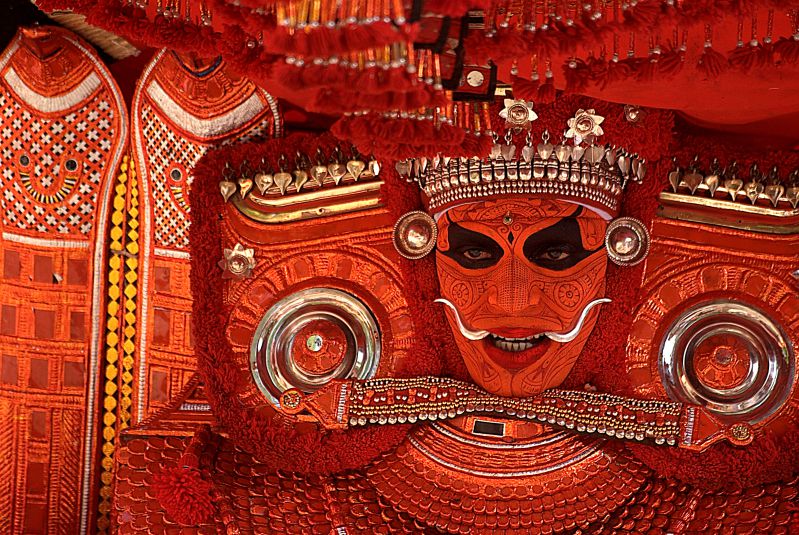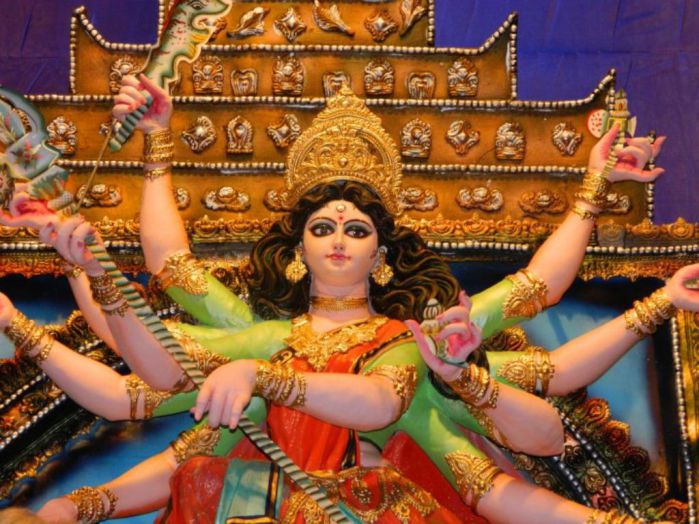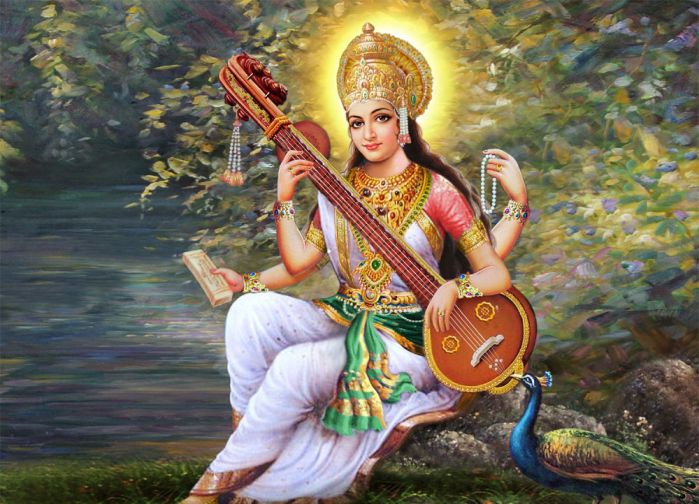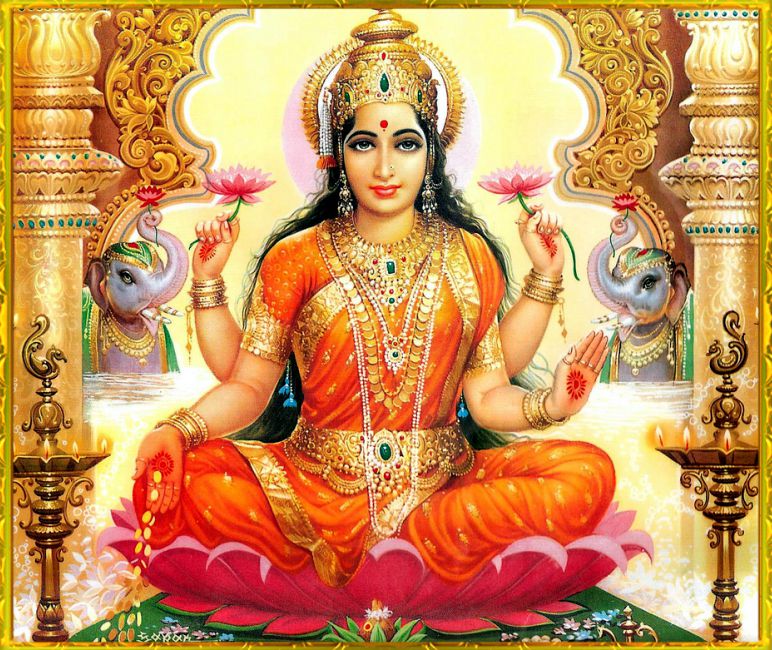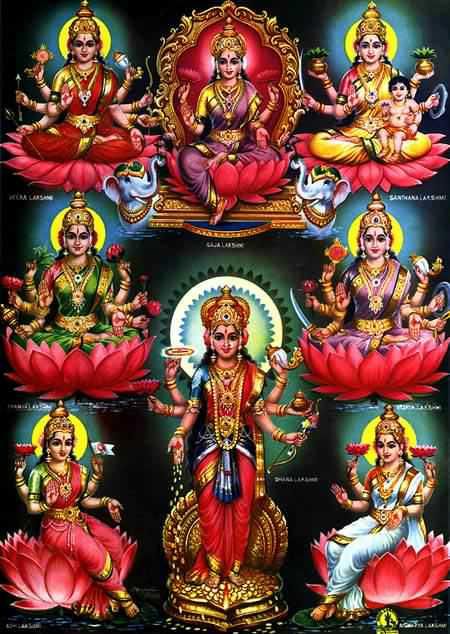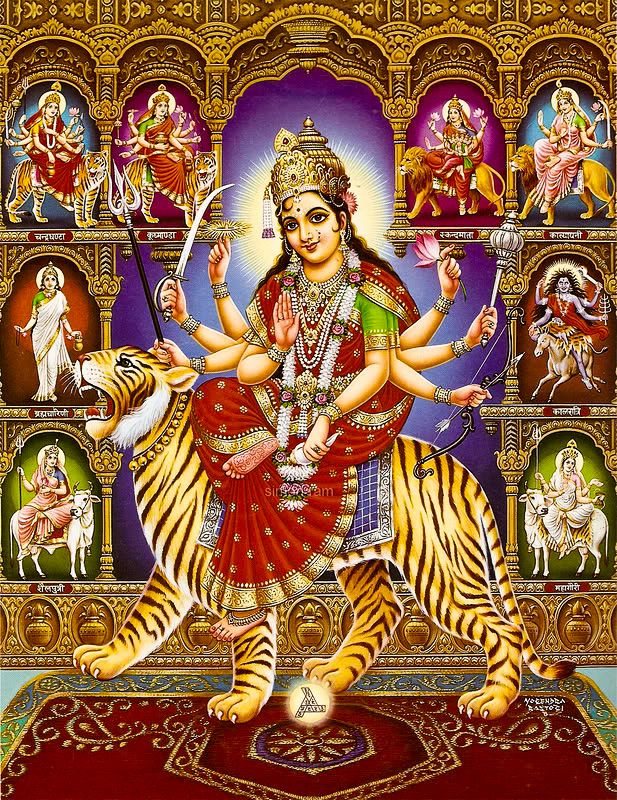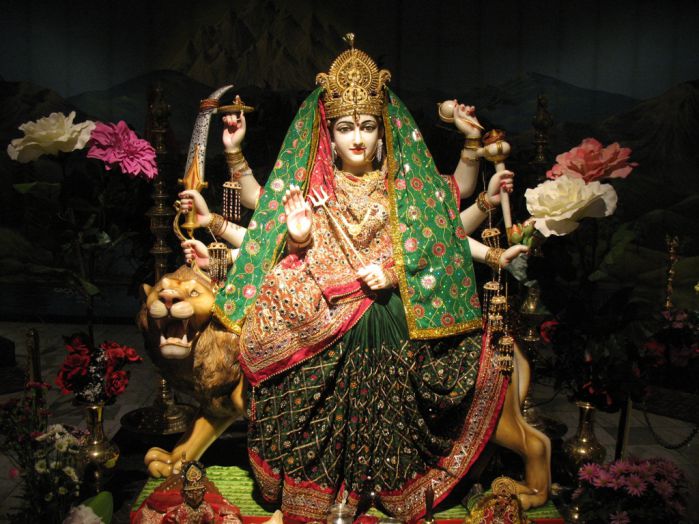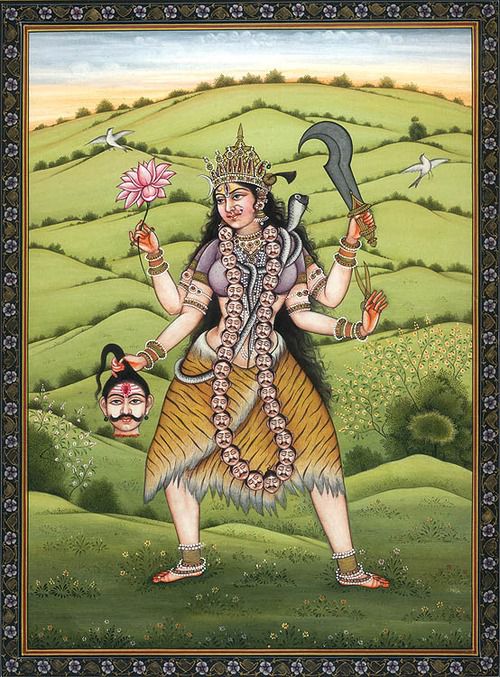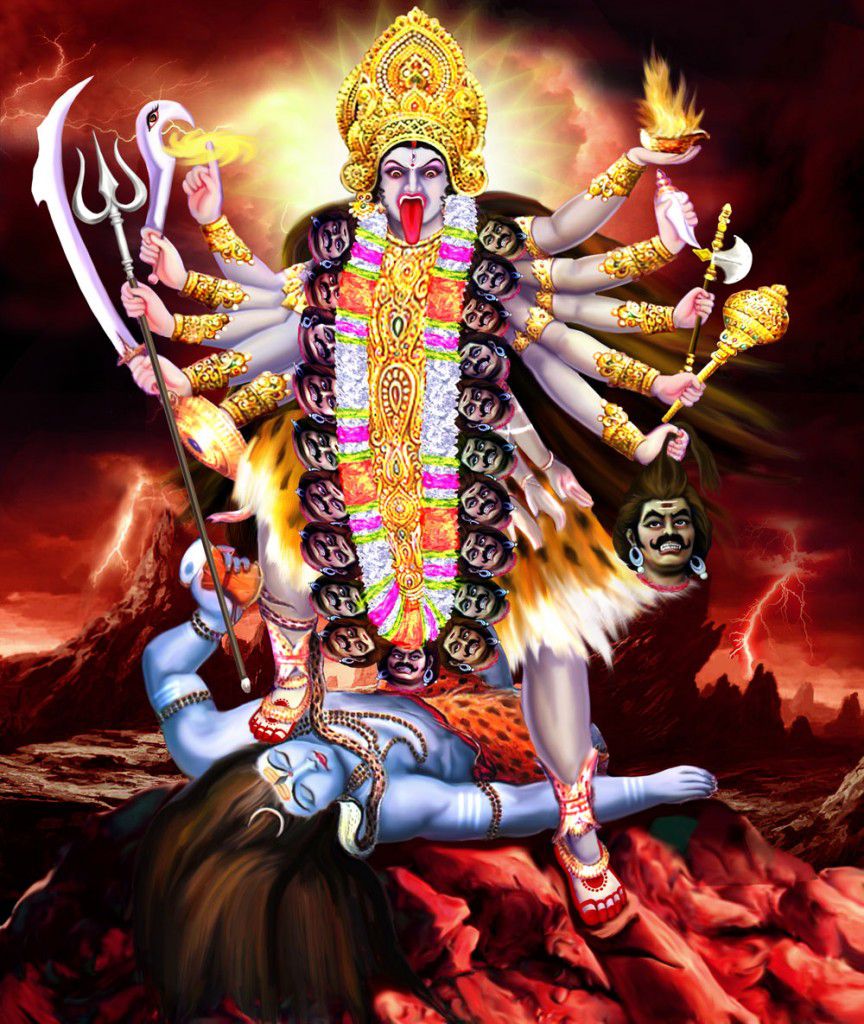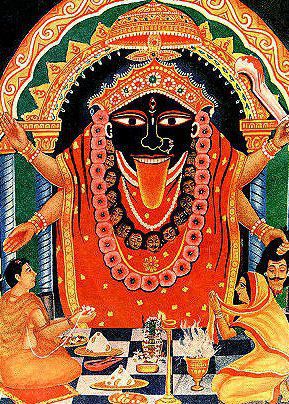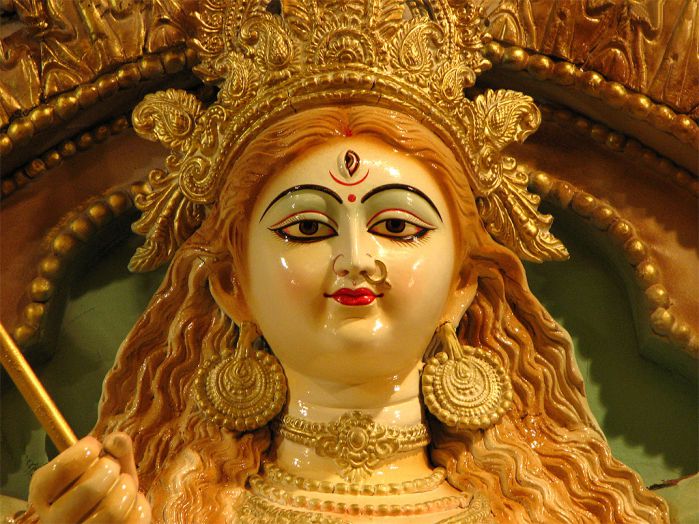No products in the cart.
Hindu Goddesses and Deities
Hinduism is considered as the oldest religion and it is a religion of remarkable tolerance. Although Hindus worship many gods and goddesses, it is strictly not a polytheistic religion. Hinduism has elements of both monotheism, polytheism and is sometimes classified as “Henotheism” or “Kathenotheism” – a belief in single god, with the various manifestations of the one divine entity. This highest form of God in Hinduism is known as Brahman, the supreme Self. He is both manifested and unmanifested, Being and Non-Being, Existence and Non-existence.
All the various forms of Gods in Hinduism is in reality a manifestation of the Supreme Self, the Brahman. In their individual aspects they represent diversity and his numerous dharmas. Within Hinduism, there are three major traditions – Shaivism, Vaishnavism and Shaktism, whose followers consider Shiva, Vishnu and Shakti ( Devi) to be the supreme deity. Rest of the
Within Hinduism, a large number of personal gods (Ishvaras) are worshipped as murtis. These beings are significantly powerful entities known as devas. Initially the Hindu pantheon of Gods included a limited set of deities and many new sects have since formed acknowledging living priests as deities. The exact nature of belief in regard to each deity varies between differing Hindu denominationsand philosophies. Often these beings are depicted in humanoid or partially humanoid forms, complete with a set of unique and complex iconography in each case. The devas are expansions of the Brahman into various forms, each with a certain quality.
Hindu Goddesses



